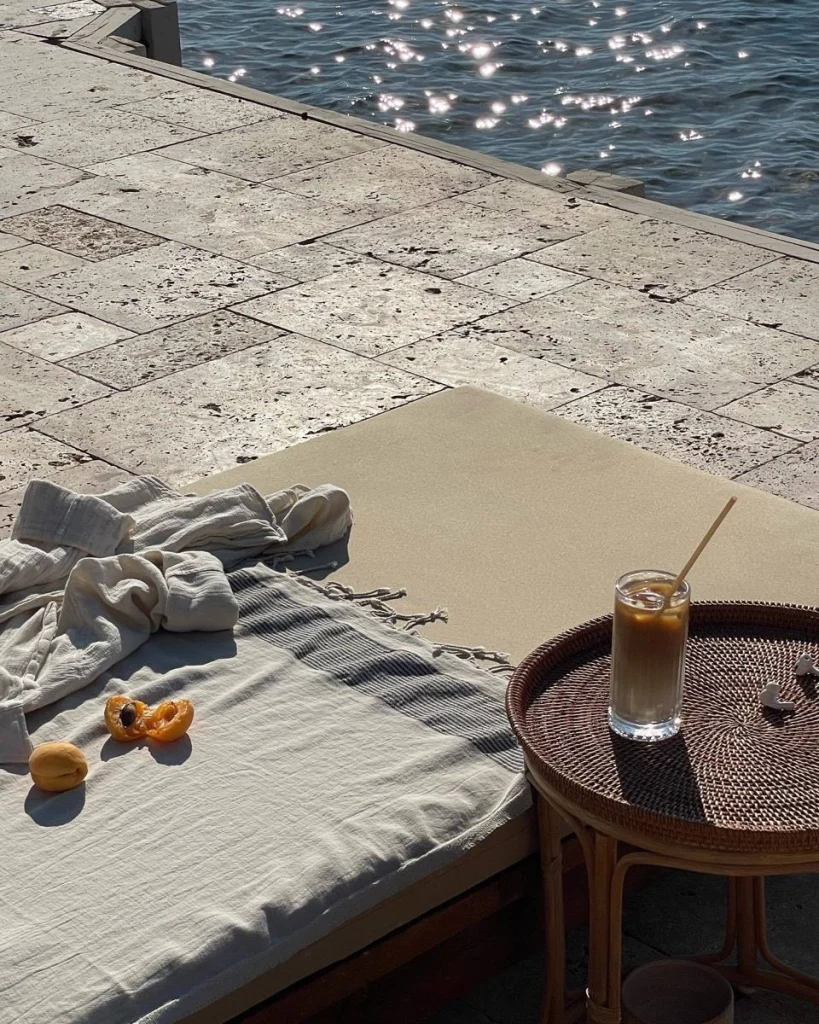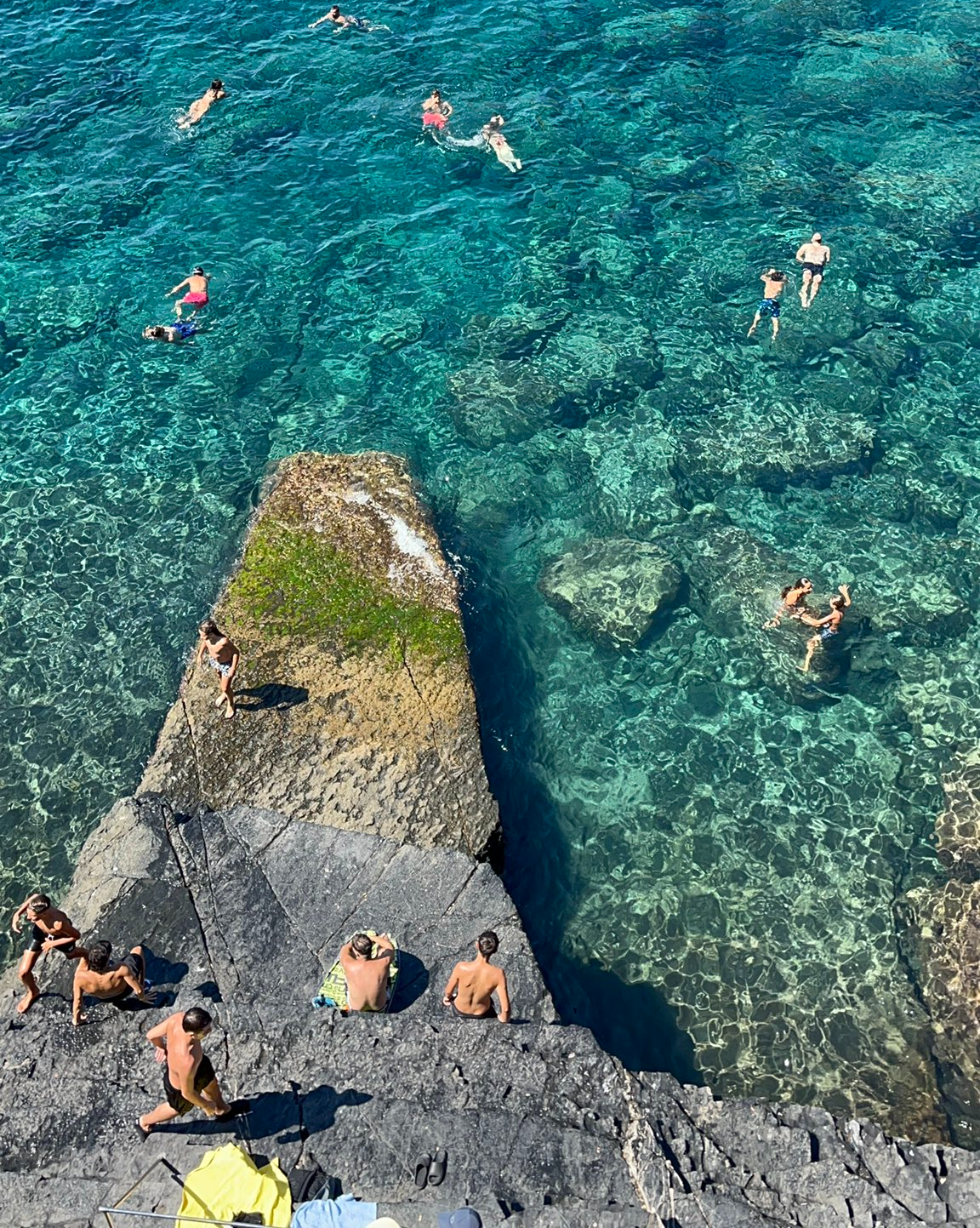Europe remains one of the world’s top tourist destinations. Each year, nearly 800 million people visit the Old Continent, accounting for over 50% of global tourism. Such a volume of tourists creates mixed feelings among the local population. On one hand, visitors are an undeniable economic engine for the host areas. On the other hand, they overcrowd historic centers, drive up property prices in central areas, and generally disrupt the daily lives of locals. This has led to movements and attitudes of disdain towards foreign visitors.
It’s a complex issue because those same locals are also, at some point in the year, tourists in the places where they spend their vacations. Once again, the inherent human inconsistency comes into play. It’s clear that visiting other places enriches us culturally and broadens our horizons. However, travel shouldn’t be an end in itself, as this would imply that we are driven more by a need to escape than a genuine desire to discover. Travel is also a status symbol, much like our homes or cars, requiring both money and something almost more valuable: time.
But today, we’re not discussing grand trips or spending a month backpacking through Southeast Asia. Instead, we’re exploring a travel approach that is quite the opposite. Rather than traveling to a different place each year with the sole aim of marking pins on a world map hanging in your living room, we propose spending your vacation in the same location. Those who spent their childhood summers in the same seaside village cherish countless happy moments surrounded by family and friends.
Being at the beach, with the same friends every day, the same families, and the familiar hammock neighbors. It was an oasis surrounded by people who only came for a weekend, there today and gone the next. Those moments of solitude during a morning stroll or reading a book in the hammock. Solitude is something that recharges us; standing in endless lines to see a painting just because it’s a must-do in that city doesn’t have the same effect.

The sense of belonging is unparalleled. In an age of fleeting trends, we need to seek what anchors us to the present. Over time, the landscape will change, the houses will be different, family members will leave, and new ones will arrive. The sea, as young as ever, will bear witness to our losses. Yet, the comforting feeling of returning to a place you know so well will never fade.
This is simply a reflection in a world where stillness is being overtaken by fashion and constant change. If this text has sparked any thoughts, please feel free to share them.

